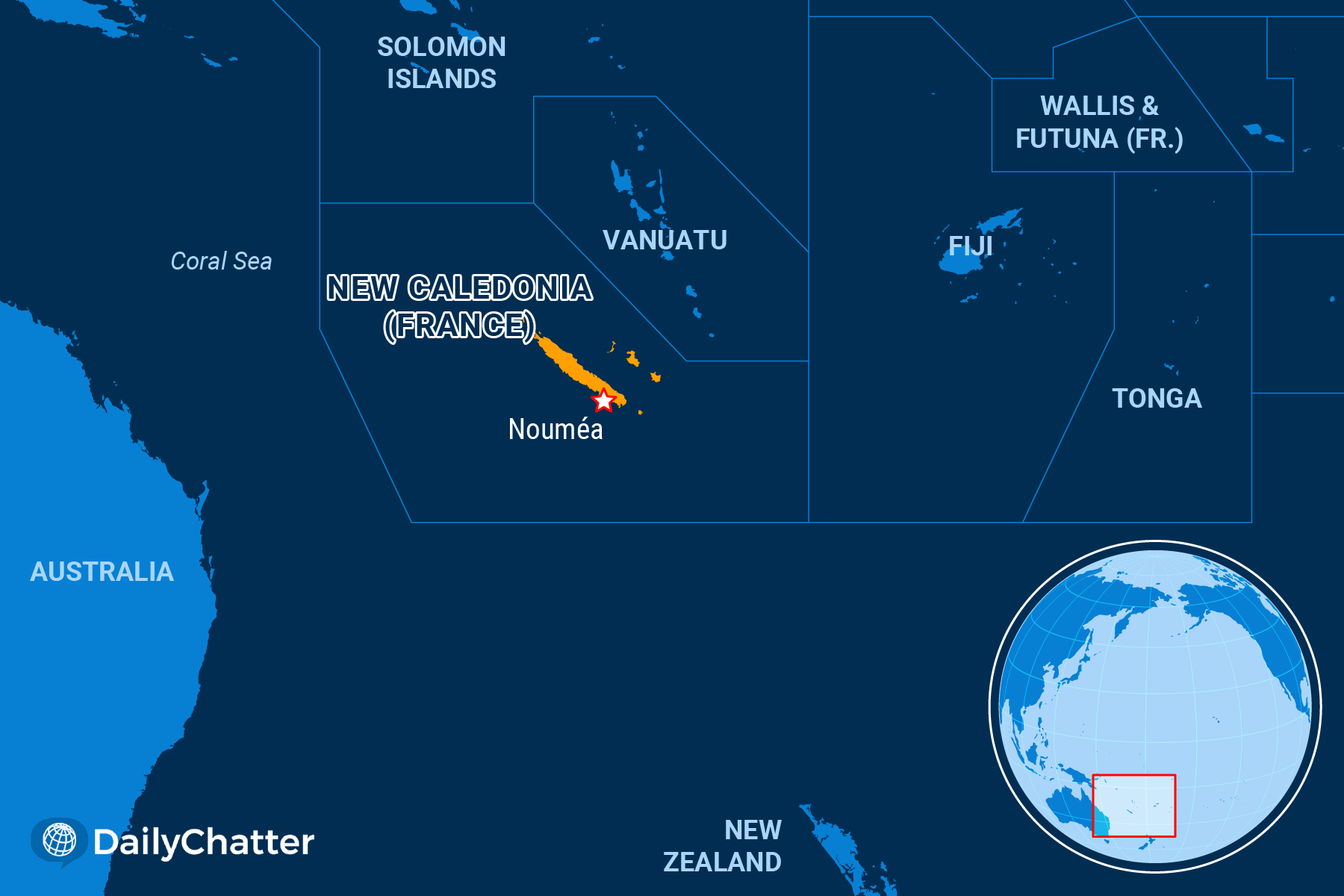Colonial Democracy

Four people, including a security officer, died recently in riots in the French territory of New Caledonia, prompting French President Emmanuel Macron to declare a temporary state of emergency on the Pacific island.
Since unrest broke out in New Caledonia last month, a total of seven people have died, hundreds have been injured, and police have arrested more than 130 people, reported Radio France Internationale. To curb looting and the destruction of property, authorities instituted a curfew, banned public gatherings, closed the airport, and blocked TikTok. Macron sent hundreds of troops to the island to support 1,800 police and gendarmes already there.
These contretemps stem from a mix of causes. In one sense, the problem is France’s relationship with the global south, as World Politics Review explained. Citizens of New Caledonia can vote for the French president, lawmakers who represent them in the capital of Paris, as well as European parliamentarians. Many nevertheless still dislike the thought of their former colonial master retaining control over their sovereignty.
The nickel-rich island’s population is split by indigenous Kanaks who favor independence for their homeland, and so-called “Caldoches,” or Europeans who have settled in the former colony and want the benefits, citizenship – and French transfer payments – of one of the world’s richest and most powerful nations. Kanaks rebelled against French rule in 1878, 1917, 1984, and today. The French state has always “brutally” suppressed these uprisings, Jacobin magazine wrote, arguably undermining the stable rule its security forces hope to defend.
Numerous referendums – when the population has been able to vote on whether or not to remain part of France – have always rebuffed the Kanaks’ desires for independence, even after a 1998 agreement prevented new arrivals from voting, the Economist noted. Many Kanaks complained when Macron refused to delay a 2021 referendum held during the coronavirus epidemic when many voters failed to go to the polls, however.
Many protesters are now angry that Macron has proposed allowing French citizens who have recently arrived on the island to vote in future elections and referendums, wrote Reuters. Many Kanaks view the move as an attempt to dilute their vote. They have refused to take down roadblocks until Macron changes his mind. The president has said he won’t force the island to accept the change – but the roadblocks must come down immediately.
In a bizarre twist, Macron has also blamed the Central Asian former Soviet republic of Azerbaijan for stoking the protests. As Al Jazeera reported, Azerbaijani officials, who deny their involvement, have supported separatists in New Caledonia as well as the French possessions of French Guiana, French Polynesia and Martinique. France, coincidentally, has supported Armenia in that country’s fights against Azerbaijan.
The Azeris might be involved. Even so, they didn’t start the discontent, the Washington Post noted, and it won’t likely evaporate anytime soon.

Subscribe today and GlobalPost will be in your inbox the next weekday morning
Join us today and pay only $32.95 for an annual subscription, or less than $3 a month for our unique insights into crucial developments on the world stage. It’s by far the best investment you can make to expand your knowledge of the world.
And you get a free two-week trial with no obligation to continue.
